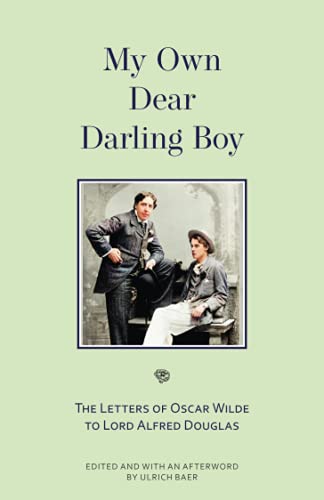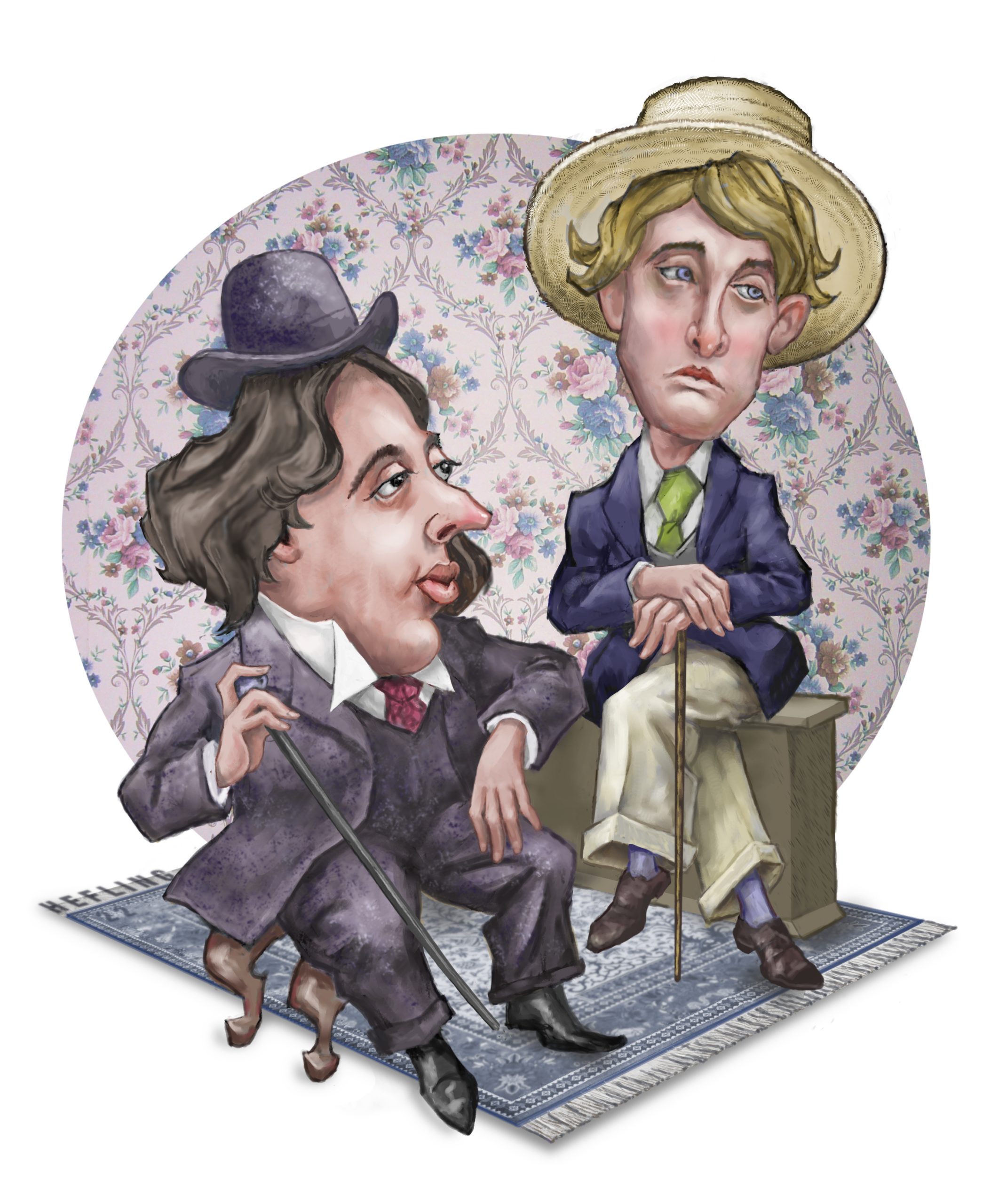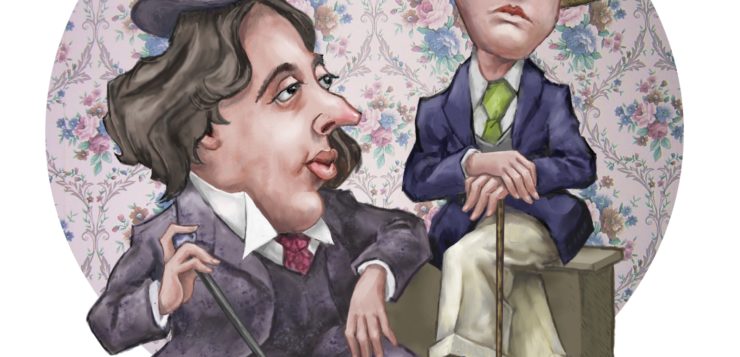 MY OWN DEAR DARLING BOY
MY OWN DEAR DARLING BOY
The Letters of Oscar Wilde to Lord Alfred Douglas
Edited by Ulrich Baer
Warbler Press. 140 pages, $12.95
WHEN OSCAR WILDE met Lord Alfred Douglas—“Bosie”—in 1891, Wilde was a married father, and he was already a popular playwright, a poet, a wit, and a dandy. Bosie was a 21-year-old undergraduate, and it seems indisputable that Wilde had considerable influence on him. In his own self-defense during his suit against the Marquess of Queensbury, Wilde referred to an ancient Athenian tradition in which worldly older men chose unschooled male youths to be their protégés. It was a mutually beneficial relationship that involved scholastic and military education in exchange for help and service, possibly sexual service, on the part of the younger man.
The inequality between Wilde and his “darling boy,” as well as the status of this relationship as part of a tradition, is at the heart of an ongoing discussion about what these two people meant to each other. If one of them was exploiting the other, it’s not entirely clear who was the predator and who was the victim. The extent to which Bosie was responsible for Wilde’s downfall has been debated, while the source of Wilde’s foolish decision to sue the Marquis (arrogance? blind love for Bosie? deliberate martyrdom for a cause?) has likewise come under scrutiny.
Jean Roberta is a widely published writer based in Regina, Saskatchewan.







